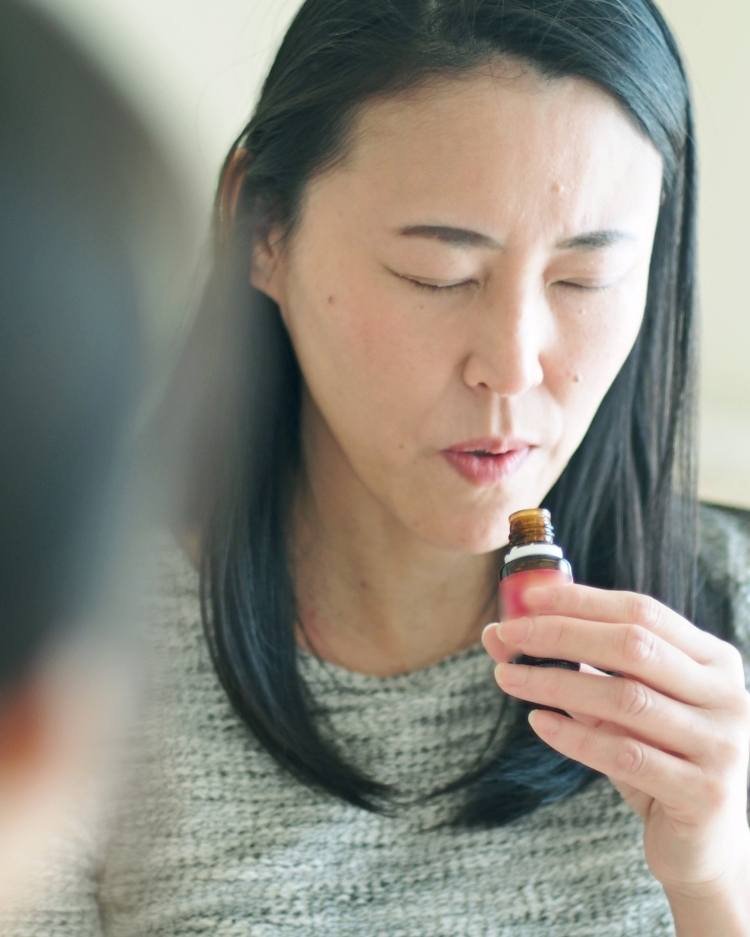Why Smell Train?
The loss of the sense of smell affects our ability to taste, detect dangerous substances, our nutrition, and the way foods and drinks appeal to us. Research also suggests that the sense of smell is the most important sense to our ability to remember events and experiences.
What can smell training improve?
Smell training is an effective form of recovery for those whose sense of smell and taste have been damaged due to disease, head trauma, or viral infections such as Covid-19.
It has been referenced in medical literature since the 1920s and is one of the oldest known techniques for smell recovery.

What about taste loss?
Improvements to the sense of smell have been shown to have a direct impact on taste. They can affect our entire perception of food. Smell training and rehabilitation may be a viable option for patients with anosmia (loss of the sense of smell) to improve conditions like taste dysfunction and re-establish the link between their sense of taste for flavor and the sense of smell.

Smell training is not only effective— it’s easy, inexpensive and harmless
Smell training takes less than 15 minutes a day as is recommended for a minimum of 12-24 weeks. It can be done with essential oils, or other familiar scents you might have at home.
By sniffing a familiar smell, and then an unfamiliar smell, the neural pathways in your brain that are responsible for smell are activated.
Over time and with repeated use, connections between those neurons are strengthened, eventually improving our sense of smell.
